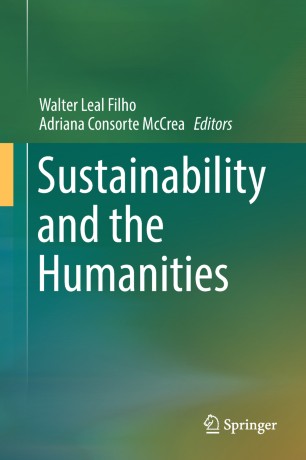Louise Livingstone
There is still much to be done to motivate people to actively engage in issues related to sustainability (ICCiP). While it may seem obvious that thinking about the world in a different way creates the possibility of arriving at new awareness, this paper suggests that such a seemingly ordinary observation shines the light directly on a major obstacle to engagement with sustainability. More broadly, this paper demonstrates the importance of the humanities in helping to understand how human beings make meaning in the world (Kripal 2014) linking directly to issues of sustainability in terms of how people connect with each other and the world at large. Taking an imaginal approach, and honouring a metaphorical mode of investigation (Voss 2009), this paper positions the heart as an organ of perception able to comfortably move between different ways of engaging with the world. Using the metaphor of epistemological duality with reference to cultural history (McGilchrist 2009; Bound Alberti 2010) as a guide, this paper moves to explore two important ideas; first how a taken-for-granted, epistemological approach towards the world (McGilchrist 2009) could be creating barriers to engage effectively with sustainability, and second, how the separation of body from mind, and heart from brain, when taken as a metaphor, could further guide this understanding. This paper moves towards the suggestion that when re-considered as an organ of perception (Corbin 1971; Hillman 2007), the heart has a key role to play in guiding people towards different ways of understanding, and subsequently engaging with sustainability.

No comments:
Post a Comment